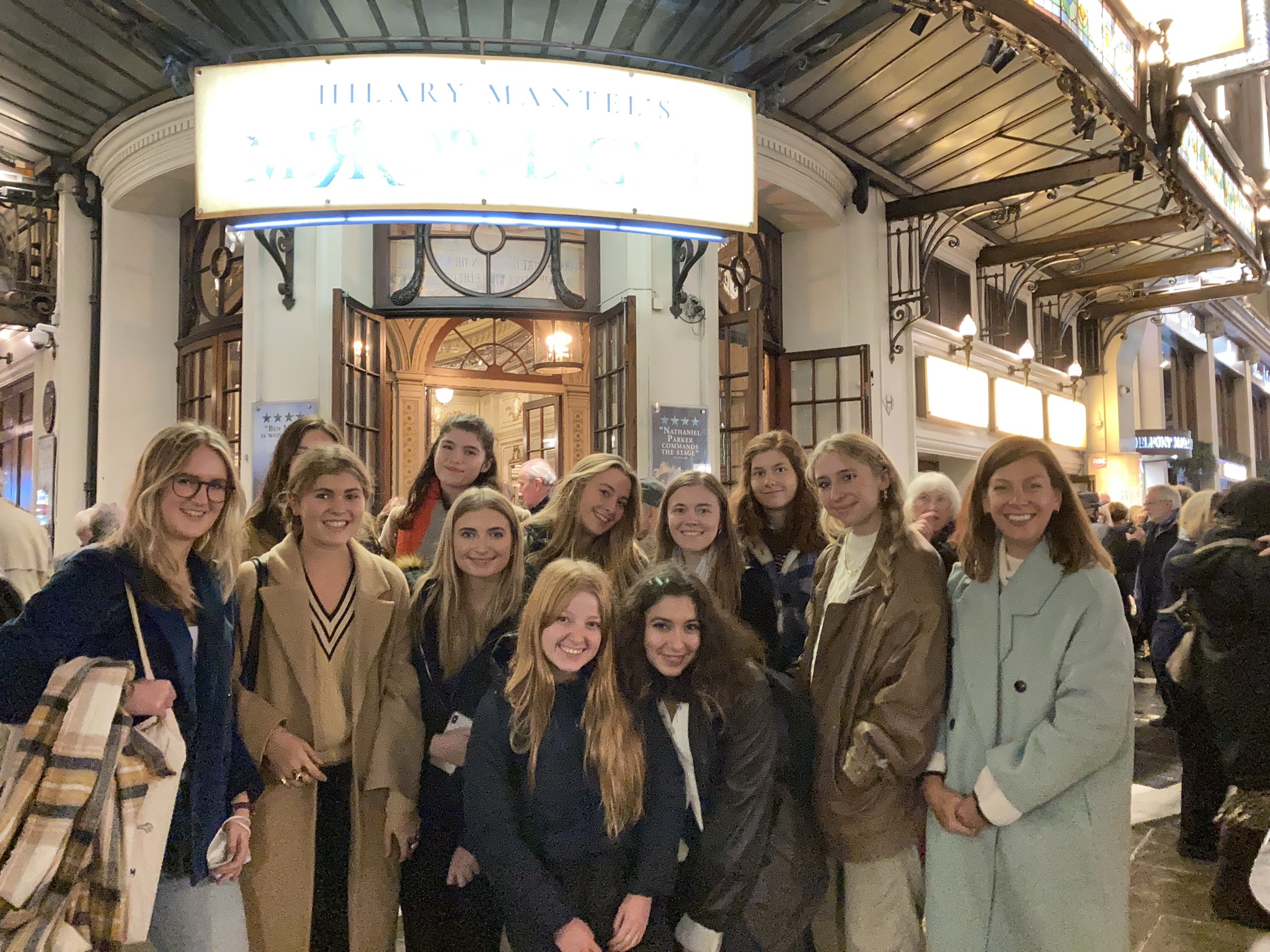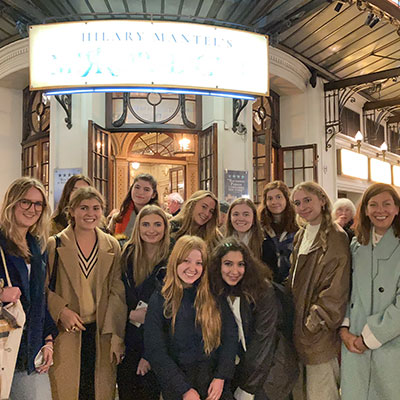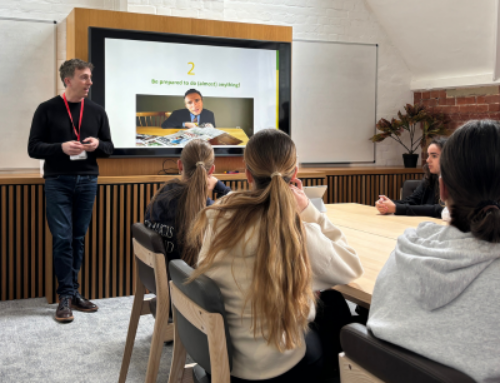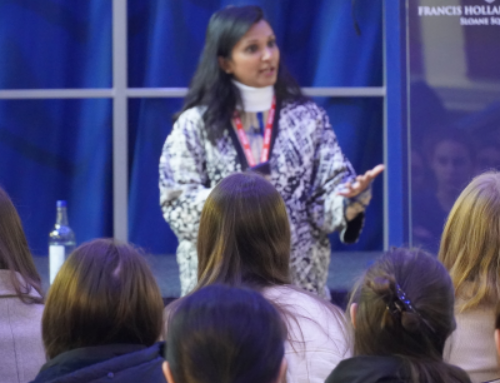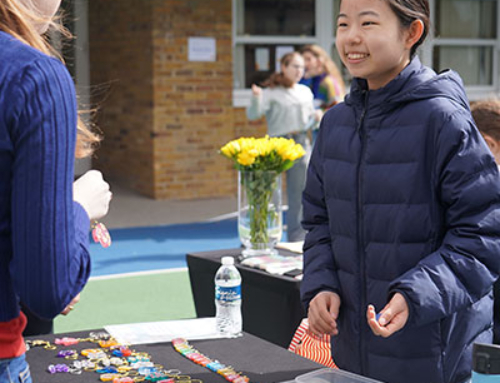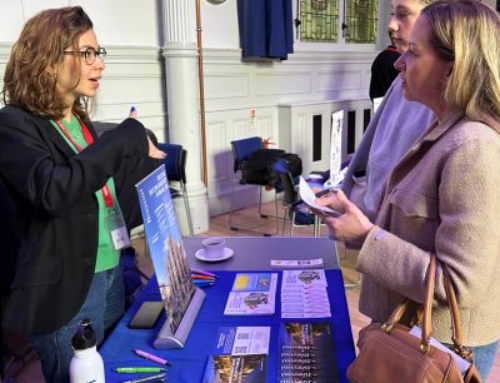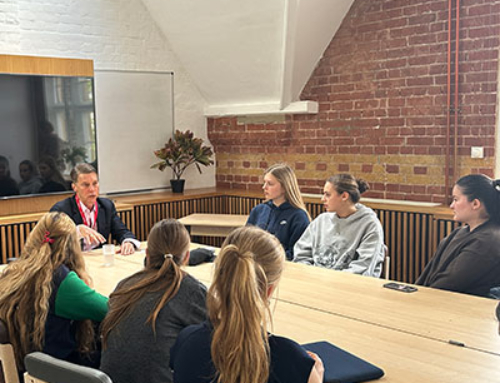On Wednesday 10 November, the Upper and Lower Sixth Historians had the privilege of attending the stage adaptation of Hillary Mantel’s The Mirror and the Light at the Gielgud Theatre in the West End. This dramatic interpretation focused on the fall of Thomas Cromwell from his time in power as Henry VIII’s pre-eminent adviser from the years 1536 – 1540, a period which the A-Level Historians study as part of our Tudor unit. The play touched on a number of subtle themes such as Henry’s relationship with his daughter Mary, his (infamous!) love dilemmas and the question of the succession, as well as the power dynamics between different sparring courtly factions, including the conservative faction led by Norfolk and the reforming one led by Cromwell and Cranmer. Whilst it was a possibly unorthodox representation of the undoubtedly Machiavellian, ruthless and expedient king, it was refreshing to see Henry’s more intimate, thoughtful moments, which were raw and somewhat emotional at many points.
As well as being a highly entertaining production, the play also presented the perfect opportunity for us to practise our skills of critical analysis – and as historians we are indeed always on the look-out for such moments! We concluded that whilst Mantel presented a rather sympathetic depiction of Cromwell – which was juxtaposed with the shrewd megalomaniac Norfolk – it was interesting to see the inner workings of Cromwell, haunted by the ghostly apparitions of Wolsey, More, and his blacksmith father. The power dynamics between the councillors were also of great interest – Norfolk reserved a special kind of contempt for Cromwell and his lowly upbringing on the streets of Putney. Subliminal political messages over Brexit and questions of English sovereignty and nationalism in the depiction of the 1536 Pilgrimage of Grace did not escape our attention either! Above all, however, the actors did a wonderful job of adding an extra dimension to the characters we learn about in our own classroom studies, and truly bringing to life such an important part of our nation’s history. Whether you love Cromwell or hate him (he seems to be a rather ‘marmite’ figure amongst the historians!) the play was a great exploration of the tumultuous yet fascinating Tudor period.
After the fantastic production, we all walked down to Haymarket to finish off the incredible trip with pizza and dough balls – perhaps a dinner of roasted pheasant would have been more Tudor-appropriate, but it was a lovely way to finish off our trip nonetheless! Huge thanks go to Ms Stansfield and Miss Boon who organised the trip – this will definitely be a fond memory amongst all the Sixth Form Historians!
The UVI Historians
